
Anton Bruckner: A Complete Biography
Anton Bruckner (1824–1896) was an Austrian composer whose monumental symphonies and deeply spiritual music marked a significant transition from Romanticism to the modern era. Revered[…]
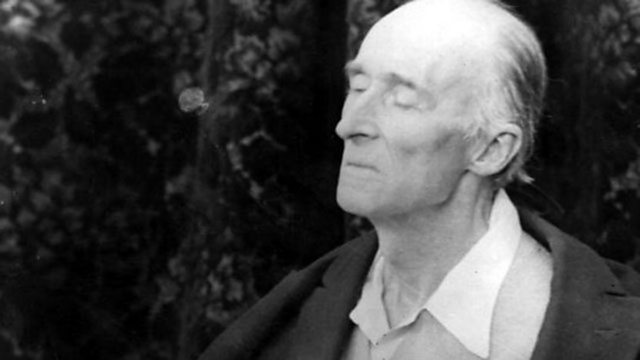
Frederick Delius: A Complete Biography
Frederick Delius (1862–1934) was one of England’s most distinctive and original composers. His music, noted for its impressionistic textures, rich harmonies, and poetic sensibility, often[…]
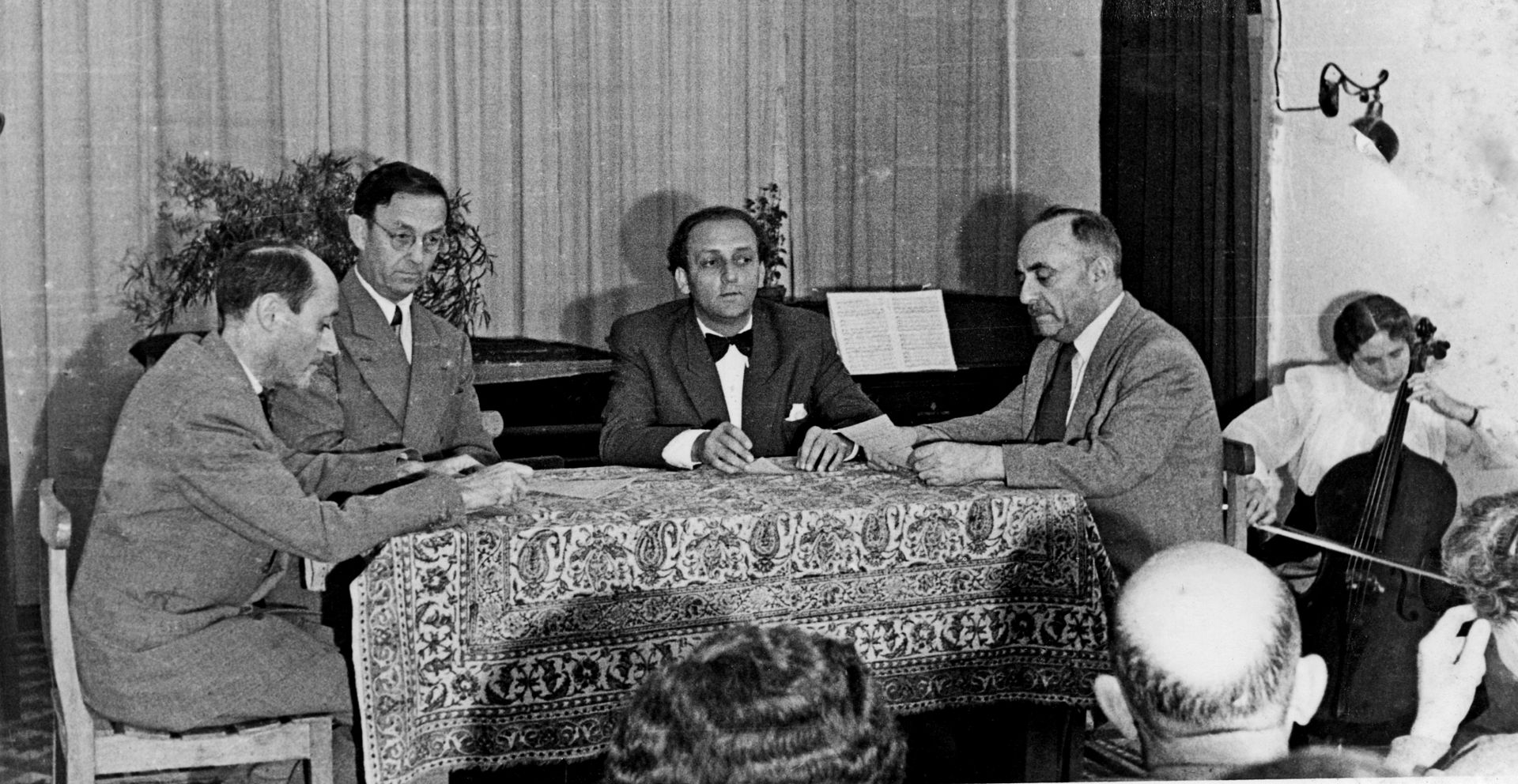
Frank Pelleg: A Life in Music
Frank Pelleg was a German-born Israeli pianist, composer, conductor, and musicologist whose life spanned some of the most turbulent and transformative decades of the 20th[…]
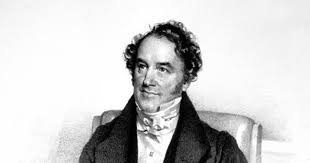
Conradin Kreutzer: A Complete Biography
Conradin Kreutzer (also spelled Kreuzer), born on November 22, 1780, was a prominent German composer, conductor, and operatic figure in the early 19th century. Best[…]
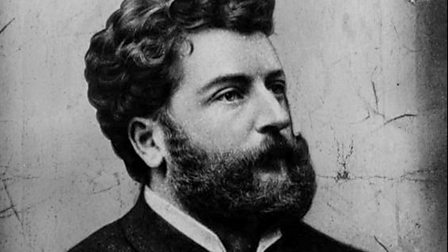
The Life and Legacy of Georges Bizet
Georges Bizet was born on October 25, 1838, in Paris, France, into a musical household. His father was a singing teacher and amateur composer, and[…]
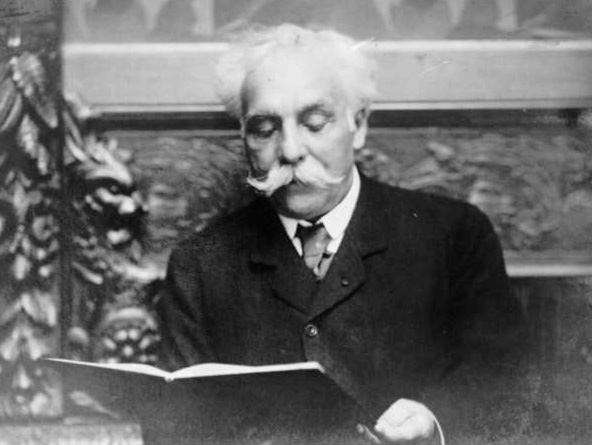
Gabriel Fauré: A Life in Music
Gabriel Urbain Fauré was born on May 12, 1845, in Pamiers, a small town in the south of France. The youngest of six children, Fauré[…]
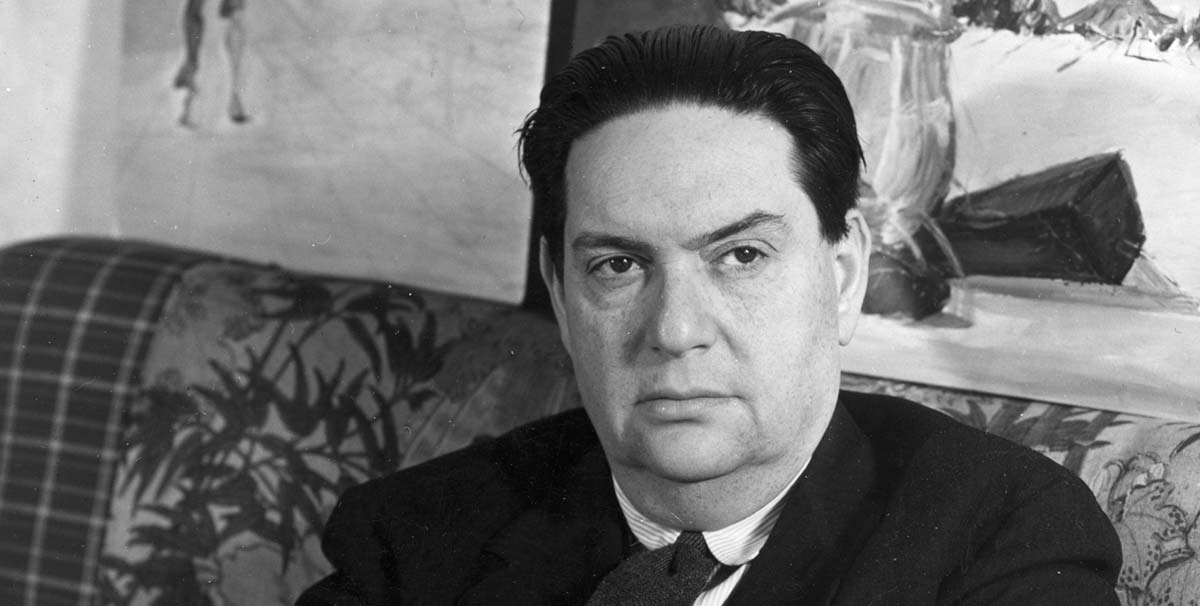
Darius Milhaud: A Life in Music
Darius Milhaud was born on September 4, 1892, in Marseille, France, into a Jewish family of Provençal and Italian descent. Raised in Aix-en-Provence, he was[…]
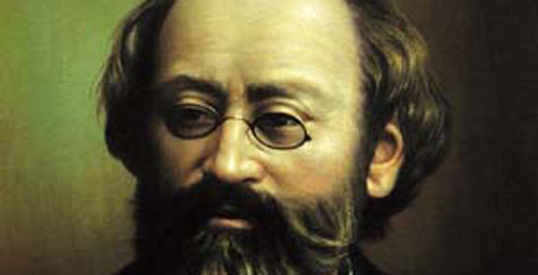
Max Bruch: A Romantic Composer’s Legacy
Max Bruch (1838–1920) stands as one of the most lyrical and emotionally resonant composers of the Romantic era. Though often remembered primarily for his enduring[…]
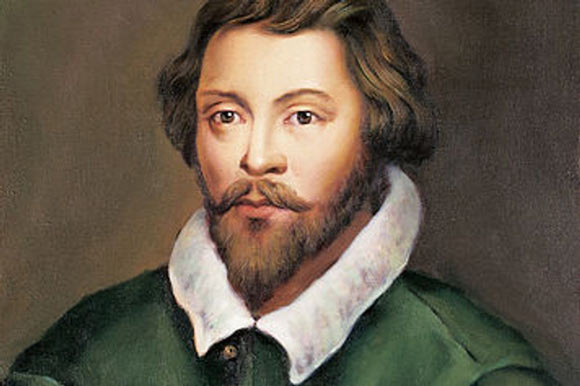
William Byrd: Master Composer of the English Renaissance
William Byrd, regarded as one of England’s greatest composers, significantly influenced the development of Renaissance music. Byrd’s career spanned the turbulent Elizabethan period, marked by[…]
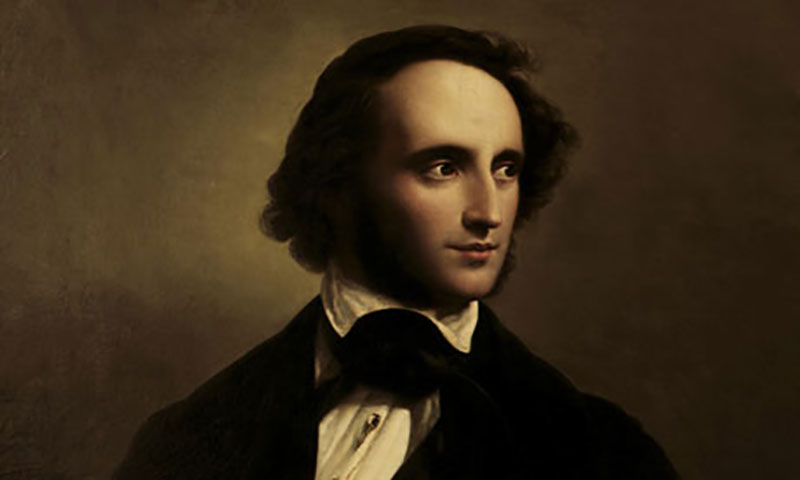
Felix Mendelssohn Bartholdy: A Complete Biography
Jakob Ludwig Felix Mendelssohn Bartholdy (1809–1847) was one of the most prominent composers of the early Romantic period. Known for his refined, lyrical style and[…]